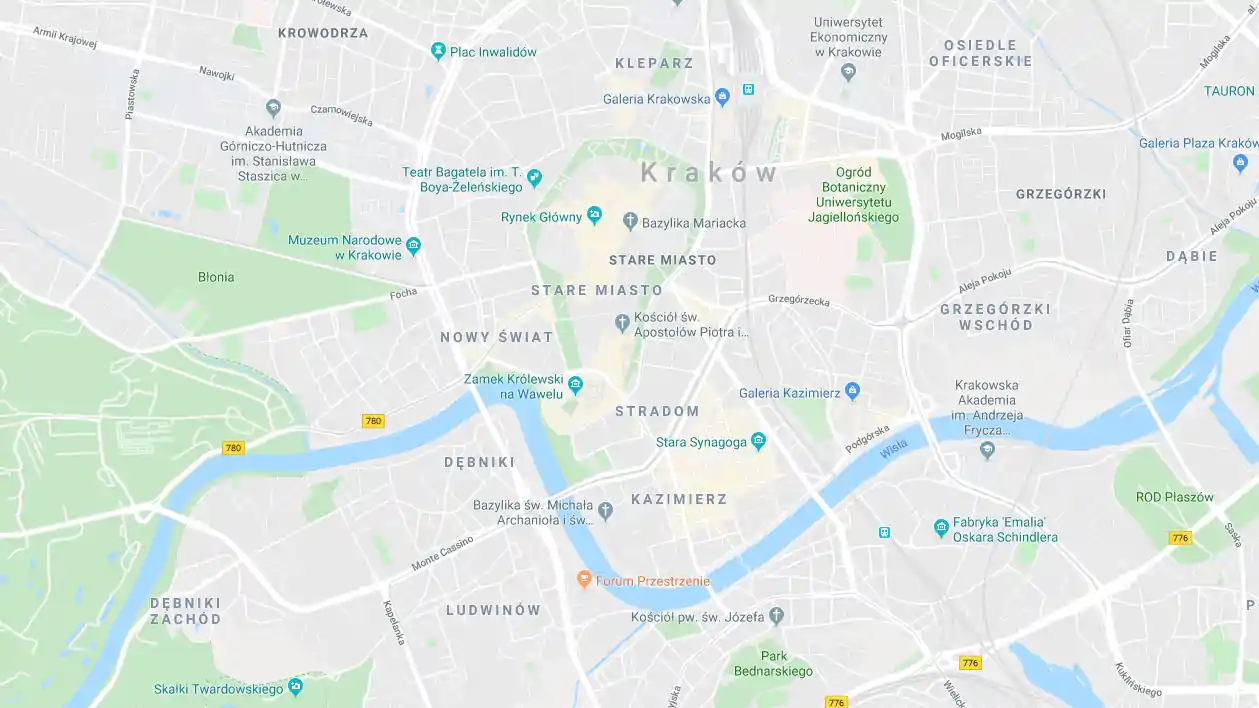The Live Obwarzanek Museum, Krakow
ul. Paderewskiego 4, 31-150 Kraków
Tourist region: Kraków i okolice
tel. +48 600797528
The first mention of obwarzanek dates back to 1394. Its name comes from the most crucial step in its creation – obwarzać (parboil). This means immersing the baked product in boiling water before placing it in the oven. As a result, it has achieved an excellent taste that gives it its rightful place in Kraków's culinary history. The bakers who were accorded the privilege of selling it were among the city's elite. No wonder! After all it was Queen Jadwiga's favourite snack and the salvation of the knights who dined on it before the Battle of Grunwald. Legends say that King Ladislaus the Short ordered 16 carts of obwarzanek to go to the site of a battle with the Teutonic Knights.
A bread braid seems simple to make as, apart from flour, salted water and yeast, it just needs love and a proper twist in the final stages, then just a sprinkling of sesame, cumin or salt.
In 2010, the obwarzanek was entered in the Register of Protected Geographical Indications. This means that it can only be produced regionally in Krakow and the district of Kraków and Wieliczka, and has a specific shape, weight and baking process. How to tell the difference between a genuine bread braid and a 'fake'? Well, from underneath, the bagel should have longitudinal marks from baking on the griddle.
At the Living Obwarzanek Museum, you can learn baker's secrets and how to make an obwarzanek. The visit is an hour-long workshop (also available in English), with an instructional session and a hands-on session. After the workshop, each participant will leave with a handmade bread braid. It is advisable to check the museum calendar well in advance and book a workshop for yourself.
